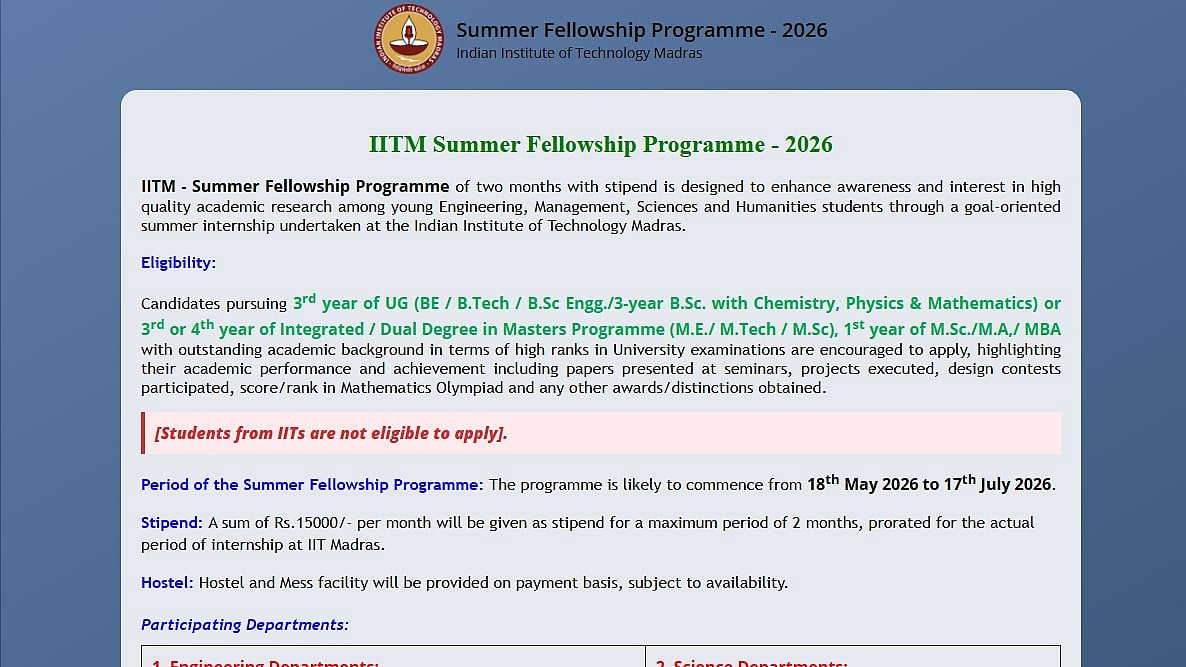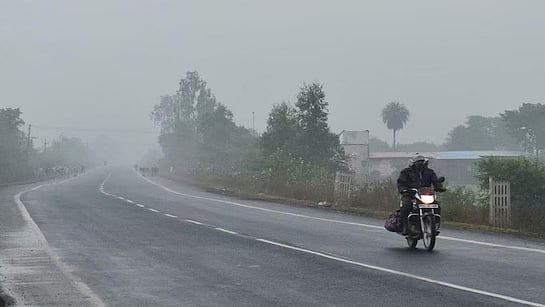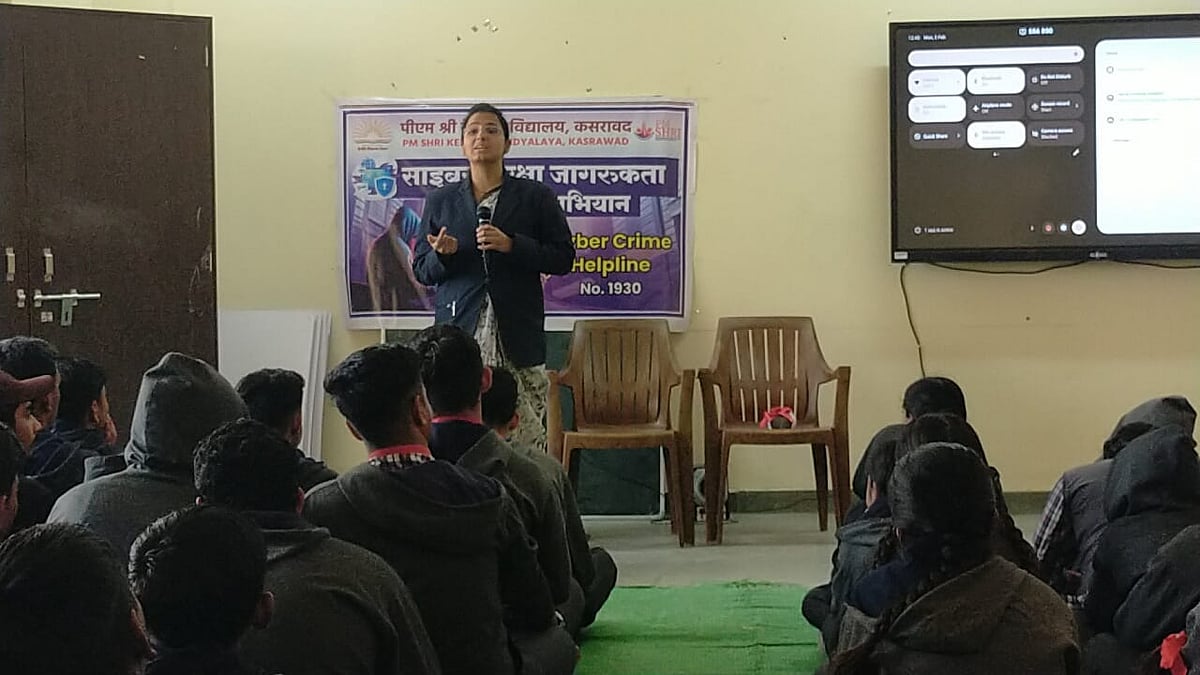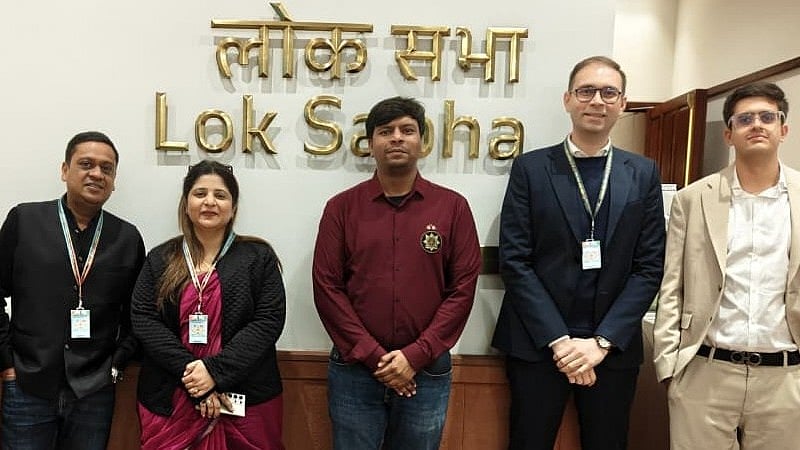Indore
In the pursuit of achievening digital excellence, Central Board of Secondary Education (CBSE) implemented “Emerging Technology” i.e. “Blockchain” for its results and academic documents.
Recently CBSE also implemented artificial intelligence & machine learning for its totally digitised Affiliation System called SARAS (School Affiliation Re-Engineered Automation System).
CBSE in technical collaboration with Centre of Excellence for Blockchain Technology of National Informatics Centre under the Ministry of Electronics and Information Technology (MeitY), Govt. of India has developed a system called “Academic {Blockchain} Documents (ABCD)” which ensures that academic documents are recorded in a secure and tamper-proof manner and can be accessed online through trusted and verifiable means. It has been established using Blockchain Technology to record the certificates in a linked chain structure.
Previously, verification of the authenticity of certificates produced by the candidates for admissions, jobs, loans etc. was a challenge. The genuineness of the certificate with the concerned universities or boards had to be thoroughly checked, and therefore the verification process required considerable effort and processing time. The Academic Blockchain Documents (ABCD) addresses these challenges by recording the data in a distributed ledger with the ownership of all participating stakeholders.
The data is recorded in the chain based on the consensus among the stakeholders and simultaneously replicated at all the locations in the distributed network of Blockchain nodes.
“This eliminates the dependency on a third party for verification,” UK Jha, chairperson of Indore Sahodaya Complex of CBSE schools, said.
He added that the data is linked and stored with cryptographic security so that it is immutable and traceable.
Blockchain for ensuring data is trustable
The linking of the blocks in the blockchain ensures that they cannot be tampered with, and the data is trustable as it can be verified across the participating stakeholders.
CBSE has already made available the digitally signed certificates of Class X and XII for years 2019-2021 and will gradually push the certificates of previous years in the next few months.
Data network currently in 3 cities
Upon issuance of new certificates by CBSE, the digitally signed certificates will be sent to the BlockChain based system creating an additional secure link.
This network is currently established with nodes at Bangalore, Pune and Jaipur. Presently, the Certificate Chain is managed by NIC at its data centres.
Step ahead of Parinam Manjusha
CBSE had earlier developed its own digital academic repository called ‘Parinam Manjusha’ in 2016. This repository has been integrated with NEGD’s (National eGovernance Division) Digital Locker platform. At present, result data of Class X & XII examinees of 18 years i.e., 2004 to 2021 has been made available online for students to download, and for verification by employers or higher education institutions. QR coded academic documents such as Marks Sheets, Migration Certificates and Pass Certificates are also available in this repository.
Academic Blockchain can be used for…
The Academic Blockchain Document can also be used for online counselling by the various institutes, by integrating their systems with plug-in interfaces.
Banks and financial institutions can also use this system for sanctioning educational loans and merit-based scholarships based on the qualifications of the applicants.
One can verify the authenticity of the certificates even after several years of issuance since a trail of all the insertions or changes made on a particular certificate will be provided.
“Introduction of Academic Blockchain Document will result in a Transparent, Tamper Proof and Paperless usage of the certificate,” Jha said. He added it will also substantially cut down the time for verification and reduced paperwork.
How to Use
1. All users viz. students, educational institutions, employers can verify academic documents by visiting https://cbse.certchain.nic.in or CBSE Main website https://cbse.gov.in
2. Click on “Verify” menu option on top menu bar available on home page.
3. Select the class from the pop up. Input basic details like Roll No, Date of Birth (in case of Class X only), Exam Year, Exam Type and Student Name (partial) and press ‘Go’ to confirm.
4. Once the details are validated, the marks statement (available presently) of the student is displayed.









